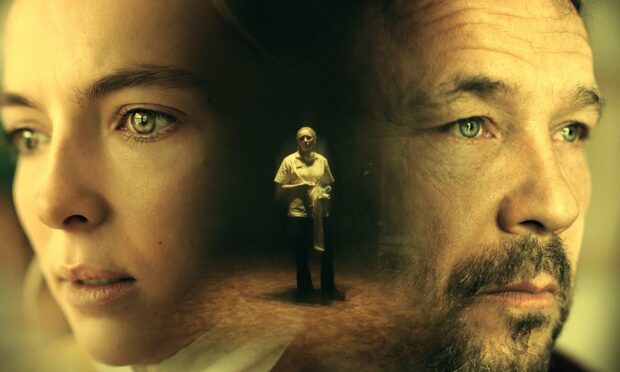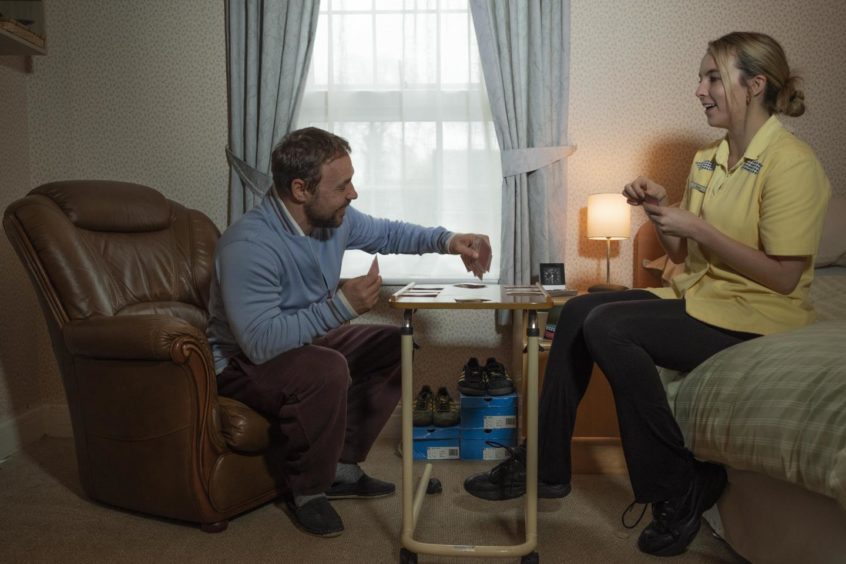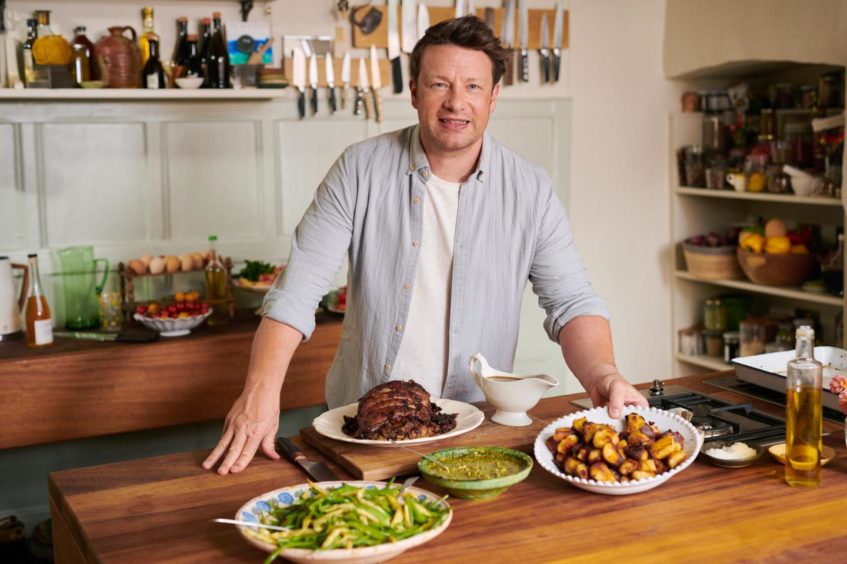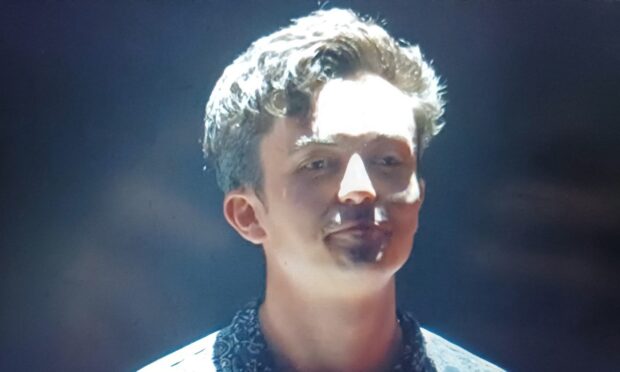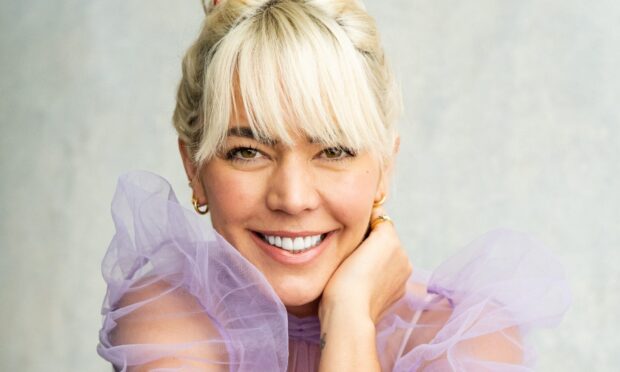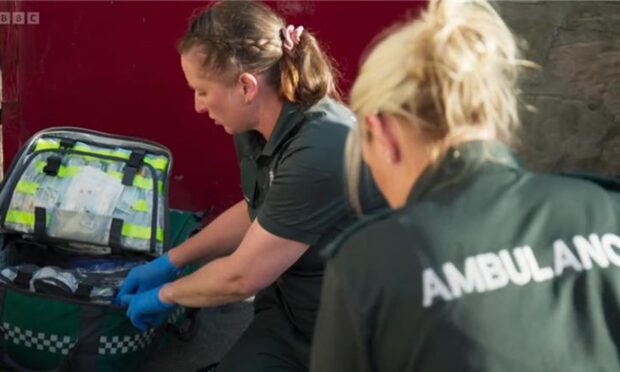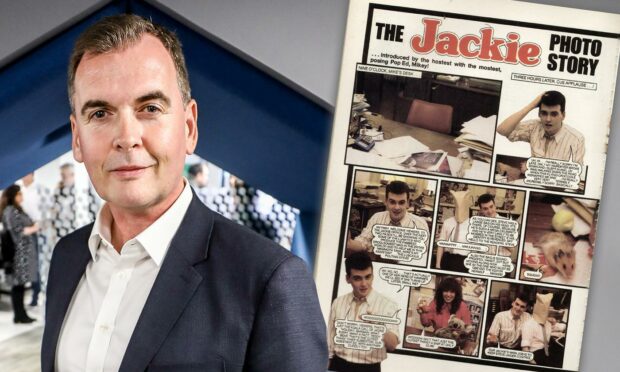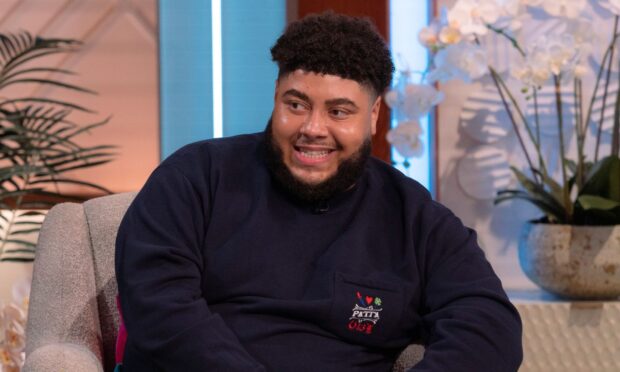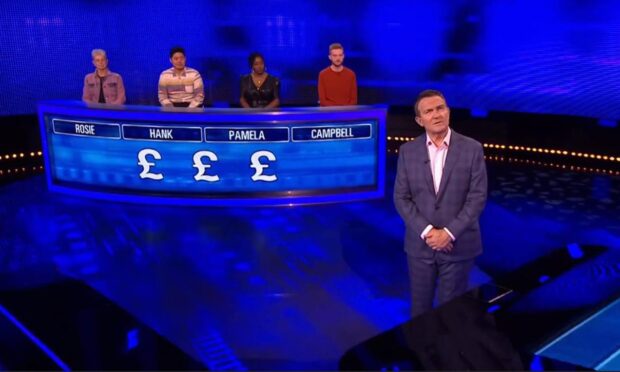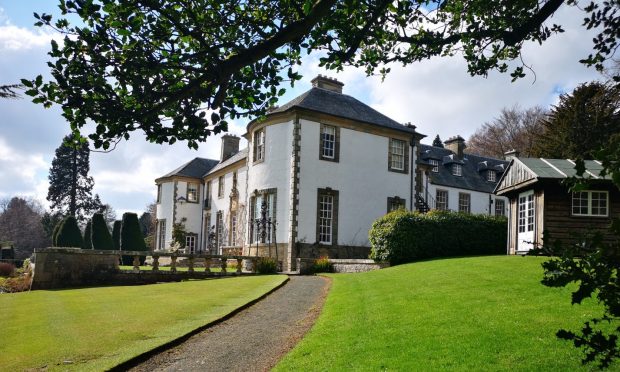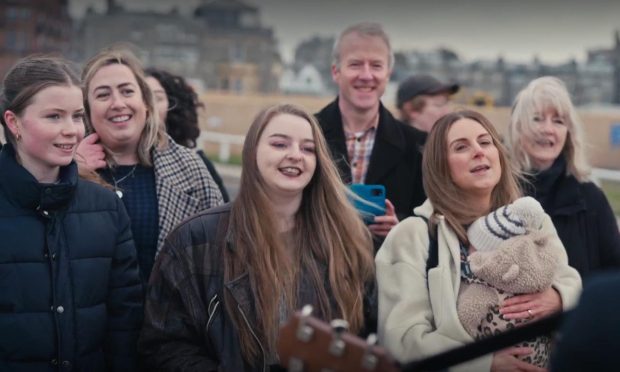Late one night last April, a young care assistant in a private nursing home in Liverpool calls her boss and asks for help to get through the night.
But he’s off with symptoms of Covid-19. No agency assistants are available. Her usual colleague can’t be contacted. She’s on her own.
The assistant, Sarah (Jodie Comer), helps one of her many dementia-afflicted residents take some pills and gently serenades her with the words to Lily Allen’s The Fear.
The lyrics are oddly apposite in the circumstances, for a young woman in a repetitive, minimum wage job who may be dreaming of being anywhere else.
The title of the song, however, soon becomes grimly appropriate.
Beautifully-observed, unforgettably intense
By the time the 45 minute of writer Jack Thorne and director Marc Munden’s Help (Channel 4) arrived, this one-off, feature-length television drama set in a care home at the height of the pandemic’s first wave had already established itself as a gripping, beautifully-observed character piece.
It was about to go somewhere unforgettably intense, however.
What followed was a masterful 23-minute sequence which appeared to have been shot in one single take, a piece of dramatic filmmaking to rival the most tense crime thriller.
Sarah hears sharp gasps of breath from her patient Kenny’s room, and notes his rocketing temperature and plummeting blood oxygen.
She calls and calls – NHS 111, for an ambulance, her boss – and no-one will come. Few even pick up.
The only help she can get
Her only possible source of help is resident Tony (Stephen Graham), who suffers from Young Onset Alzheimer’s, but who remains relentlessly helpful despite his confusion.
“Some days I feel like I know who I should be,” he tells Sarah as she tries to hide her sobs from him, the work of making Kenny comfortable done.
“Some days I don’t know who the f*** I am. But if I helped, that’s nice.”
A defining piece of work
Help was about so much more than the Covid crisis, although if it ends up being viewed as one of the defining pieces of work about that grim era, then that’s no less than it deserves.
As Sarah took Tony’s future into her own hands and away from a life of convenient medication, it became a piece about social care in crisis, about the warehousing of people out of sight and mind for society’s convenience.
At its heart, Help was a masterful, challenging film about society’s responsibility to show genuine love and care to those who need it most.
With excellent backing from a great cast, including Ian Hart as Sarah’s conflicted boss, Angela Griffin as one of her colleagues and David Hayman as another resident, Comer and Graham were two of the biggest screen stars of the moment delivering two of the best performances of the year.
Just unmissable.
If anyone needed to take a deep breath and relax after that, Jamie Oliver: Together (Channel 4) has been designed as a food-based pick-me-up for everyone enjoying post-lockdown family reunions.
Amid a cosiness which was as relentless as Help in its own way, the matey telly chef cooked up roast lamb and assorted veg and treats for family and friends.
It was telly cookery 101, but the quiet, mouth-watering reassurance of it all is hard to turn down a plateful of these days.
